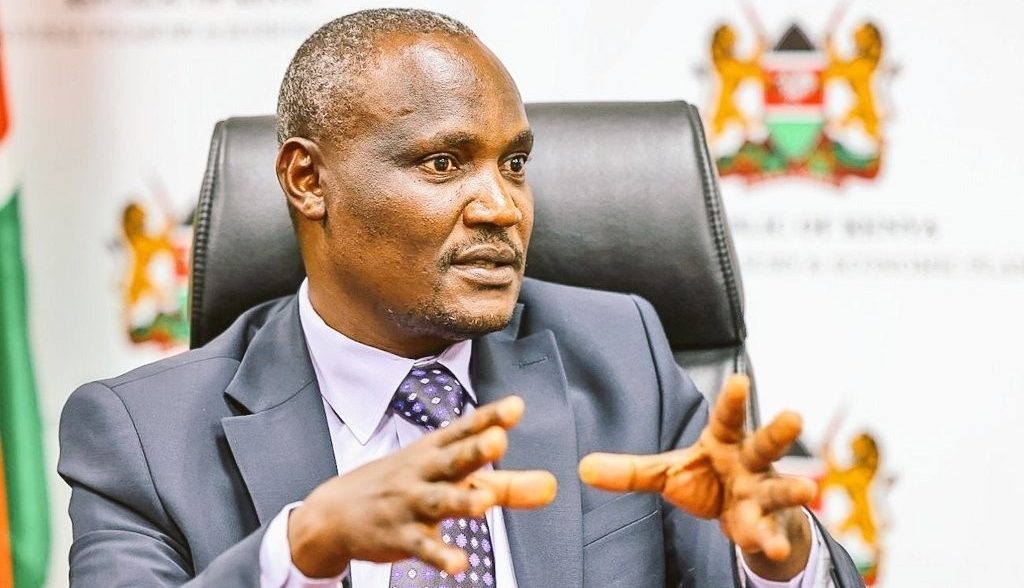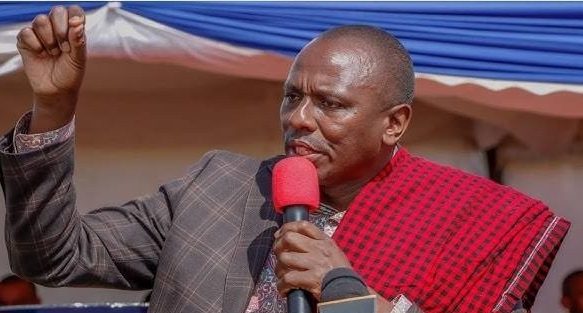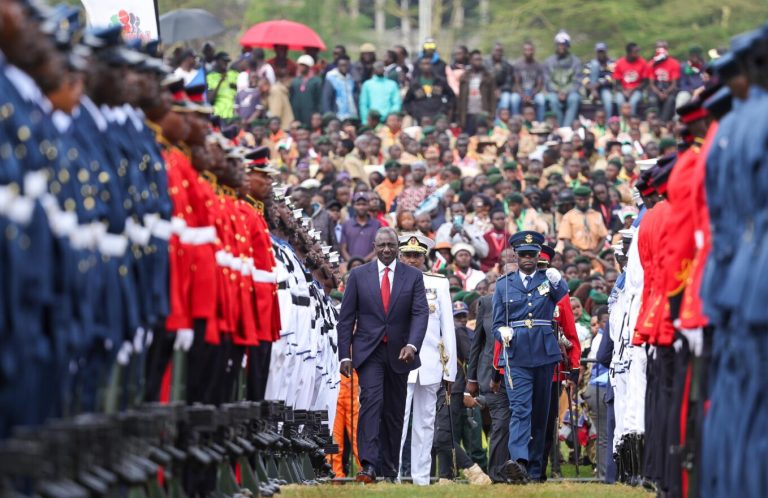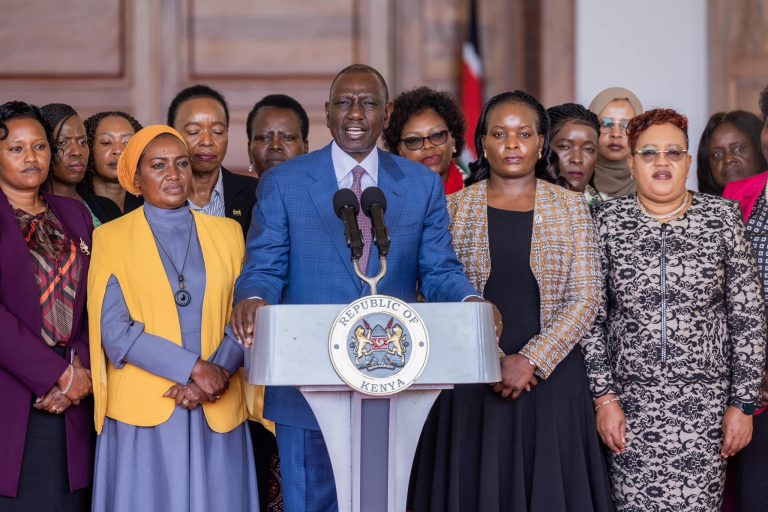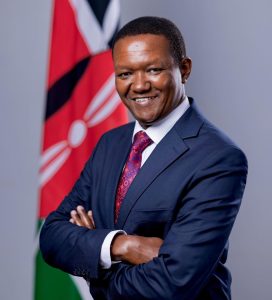A new draft policy reveals that in 2023, Kenyan taxpayers spent Ksh.14.3 billion to fund the government’s lavish spending on purchasing and maintaining new vehicles.
This disclosure has sparked speculation about the government’s political double standards, as it continues to promote austerity measures to address the country’s economic conditions.
The Government Transport Policy 2024, drafted by Treasury Cabinet Secretary John Mbadi, indicates that taxpayers are bearing a growing financial burden each year to cover the government’s fleet expenses.
According to data from the policy, the budget allocation rose from Ksh.8.6 billion in 2021 to Ksh.9.7 billion in 2022, reaching Ksh.14.3 billion in 2023.

The CS also noted that Ksh.12.2 billion was allocated for the 2023/24 fiscal year specifically for purchasing and maintaining new vehicles.
Expenses
Mbadi attributed the sharp rise in costs to increased expenses in fueling, operations, and maintenance of these particular vehicles.
The policy highlights that, aside from inefficiencies in fleet operations, other key factors driving up costs include rising global fuel prices and an increasing number of officials eligible for government transportation, due to the operationalization of the devolved governance system and creation of additional Executive offices.
CS Mbadi pointed out lapses in controlling access to government transport, which have further escalated costs.
“It’s important to note that the cost of government transportation will continue to rise unless appropriate policy measures are implemented,” he remarked.
New Agency to overlook Gov’t fleet
To address these issues, Mbadi proposed establishing a new agency, the Government Fleet Management Department (GFMD), within the National Treasury.
This department would oversee the regulation of government vehicle purchases, aiming to reduce costs while supporting local businesses.
Additionally, the policy recommends a computerized fuel monitoring system, where vehicle users would refuel using a chip-embedded key linked to their personal identification number.
The data stored on the chip would transmit to a central server, allowing GFMD to adjust budgets according to fuel consumption.
In the past, the extravagant lifestyle of elected leaders has faced scrutiny, with taxpayers shouldering the burden of this spending.
Follow https://kenyaonline.xyz
